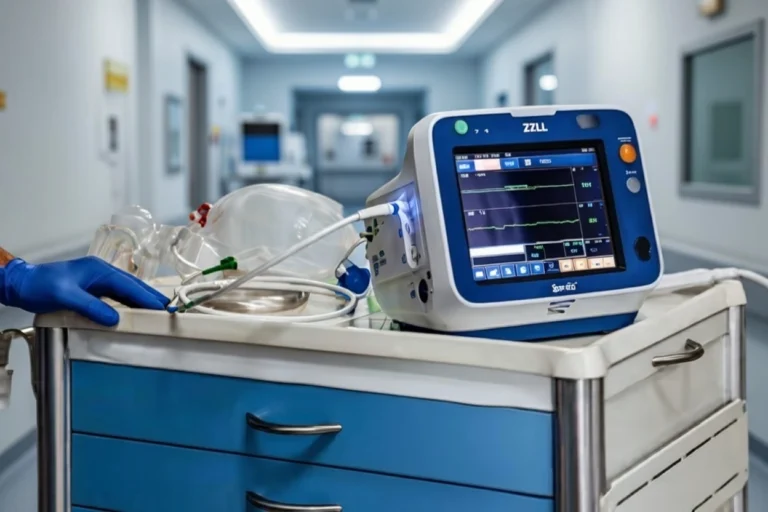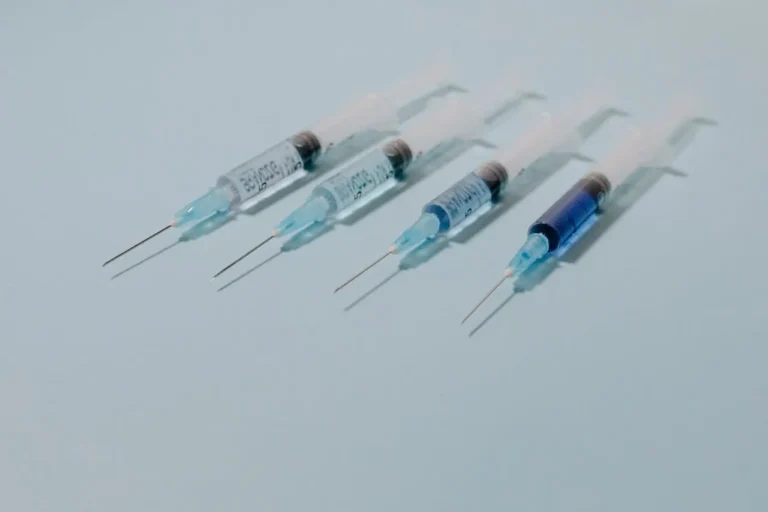
Merck (NYSE: MRK), also known as MSD outside of the United States and Canada, reported today that the Phase 3 KEYNOTE-B21 trial assessing KEYTRUDA, Merck’s anti-PD-1 therapy, alongside chemotherapy as an adjuvant treatment, with or without radiotherapy, did not achieve its primary goal of disease-free survival (DFS) for newly diagnosed, high-risk endometrial cancer patients following curative surgery.
During a pre-planned interim analysis by an independent Data Monitoring Committee, the addition of KEYTRUDA to chemotherapy, with or without radiotherapy, did not meet the predetermined statistical requirements for DFS when compared to placebo plus adjuvant chemotherapy, with or without radiotherapy. Since DFS superiority was not established, the study’s other primary endpoint of overall survival (OS) was not formally assessed. The safety profile of KEYTRUDA remained consistent with previous reports, with no new safety concerns identified. A thorough analysis of the trial data is underway, with Merck committed to sharing the findings with the scientific community.
Dr. Gursel Aktan, Vice President of Global Clinical Development at Merck Research Laboratories, expressed disappointment in the results but emphasized the company’s dedication to advancing KEYTRUDA’s role in advanced endometrial carcinoma through approved indications and ongoing clinical investigations exploring KEYTRUDA-based combinations and other potential treatments.
In the United States, KEYTRUDA has two approved indications for endometrial cancer. One, based on KEYNOTE-775/Study 309, involves its combination with LENVIMA® for the treatment of certain advanced endometrial carcinomas. The second, from KEYNOTE-158, allows its use as a single agent for specific advanced endometrial carcinomas.
Merck’s clinical development efforts in endometrial carcinoma extend to trials such as NRG-GY018/KEYNOTE-868, which evaluates KEYTRUDA in combination with standard chemotherapy for primary advanced or recurrent endometrial carcinoma. The FDA has granted priority review for Merck’s supplemental Biologics License Application (sBLA) based on this trial, with a target action date set for June 21, 2024.
Additionally, Merck is conducting the KEYNOTE-C93 study comparing KEYTRUDA to chemotherapy in certain advanced or recurrent endometrial carcinomas, and the MK-2870-005 trial investigating sacituzumab tirumotecan (sac-TMT), an experimental antibody-drug conjugate, compared to standard treatments in patients with prior platinum-based chemotherapy and immunotherapy for endometrial carcinoma.





